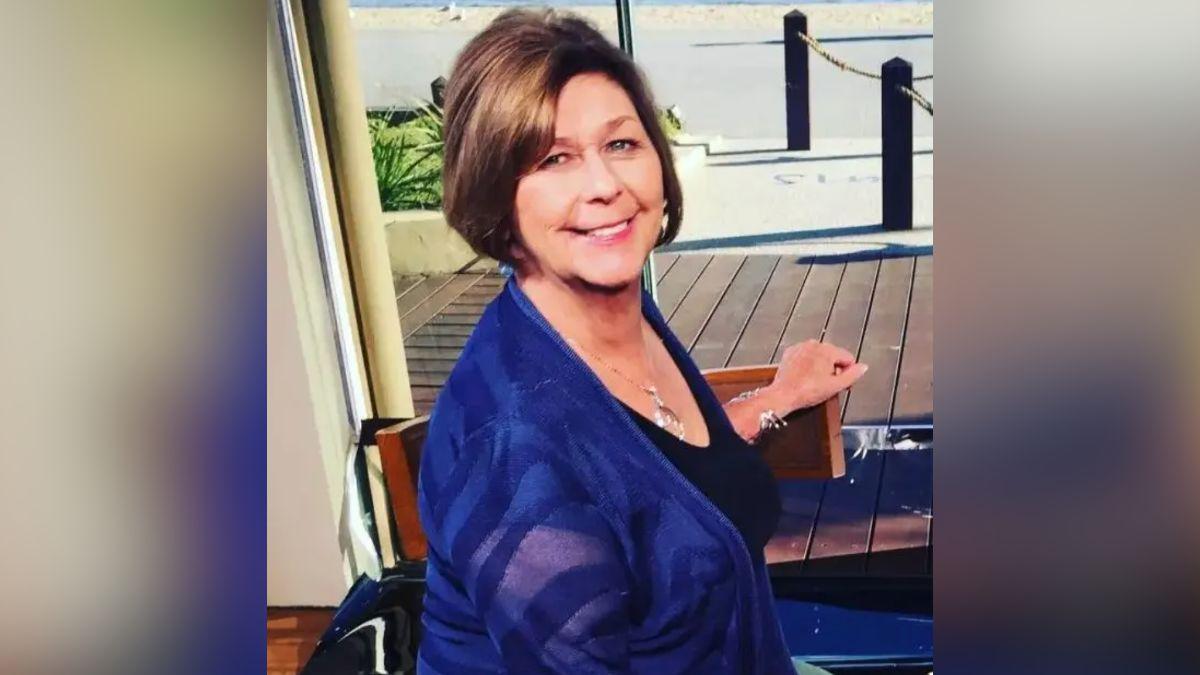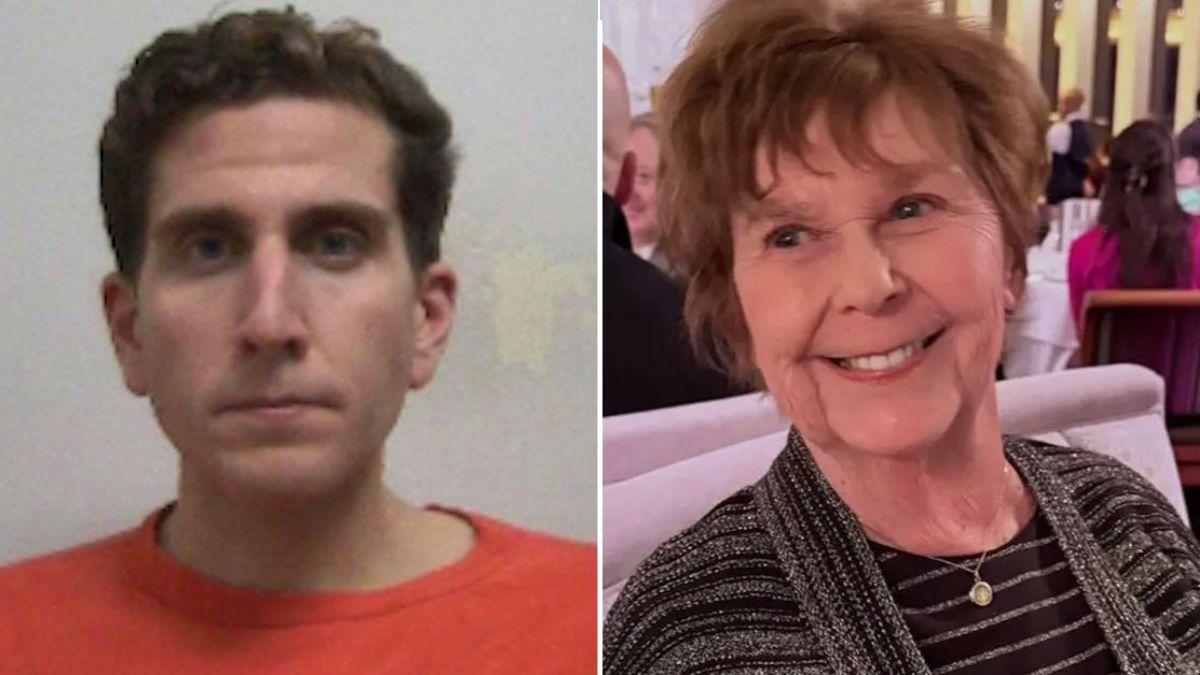Karen Read Trial Update: Retired Officer Hammered Over 'Botched' Handling of Evidence Collected in Red Solo Cups and Grocery Bags After Boston Cop's Grisly Death
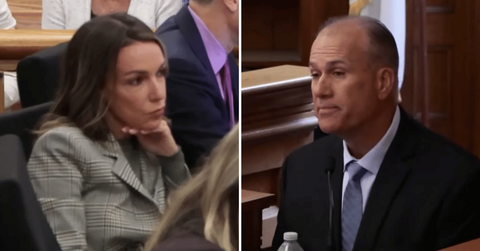
Karen Read's defense attorneys zeroed in on the alleged mishandling of evidence.
May 6 2025, Published 8:00 p.m. ET
Accused murderer Karen Read's defense team zoned in on alleged mishandling of evidence as they grilled retired Canton police officer Lieutenant Paul Gallagher for a second day in court, RadarOnline.com can reveal.
Former financial advisor Read, 45, is being retried on charges of second-degree murder, vehicular manslaughter while intoxicated, and leaving the scene of a collision resulting in death.
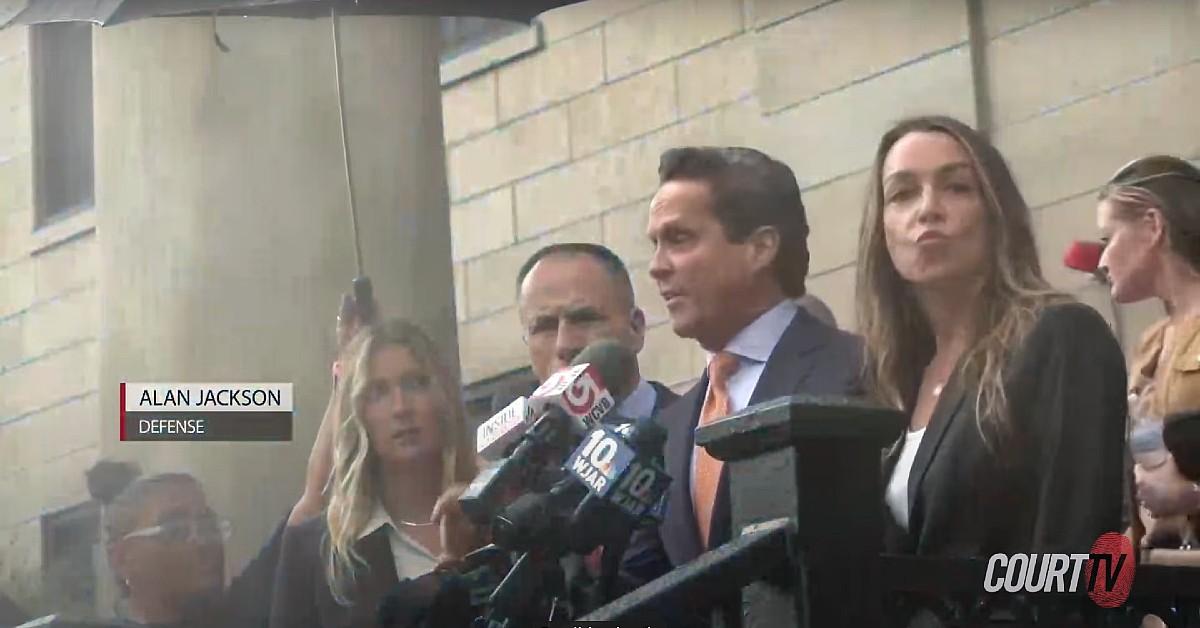
Read is being retried on second-degree murder charges after her 2024 trial ended in a hung jury.
Prosecutors argued Read deliberately hit boyfriend John O'Keefe, a Boston cop, with her Lexus SUV and left his body outside of a Canton home, owned by fellow officer Brian Albert, as a blizzard approached in January 2022.
Read's defense team has claimed she's the victim of a biased investigation and has been framed by law enforcement.
On Tuesday, May 6, Gallagher took the stand for a second day in court.
Defense attorney Alan Jackson pressed the retired officer on evidence collection and chain-of-custody – and Gallagher's testimony stunned the courtroom.
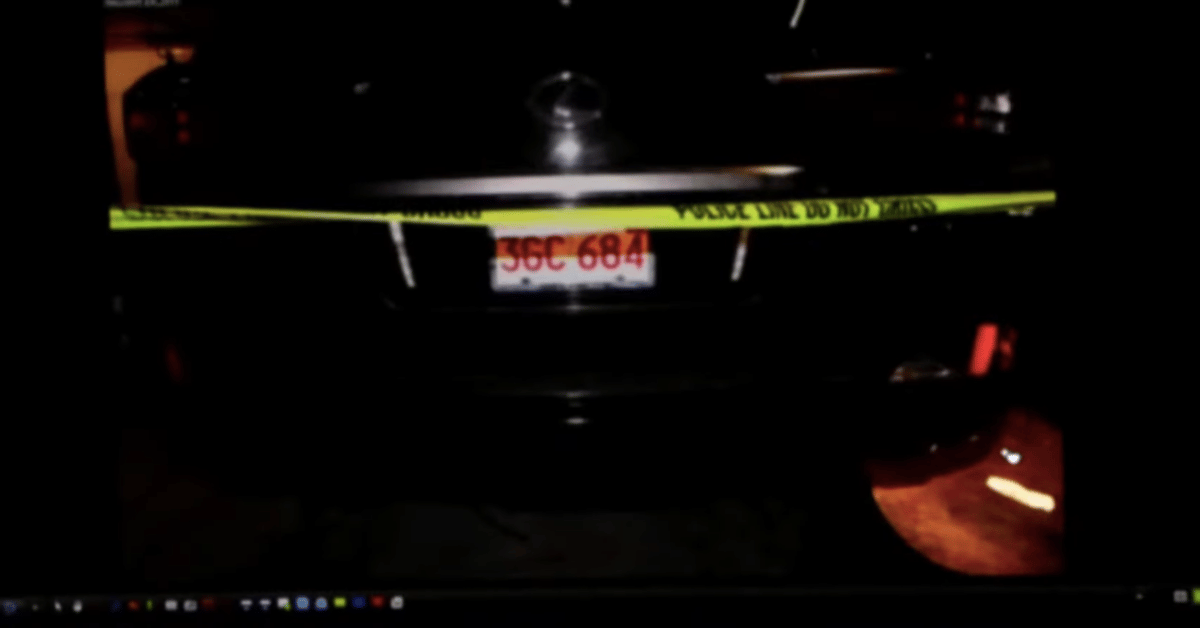
Defense attorney Alan Jackson highlighted a white 'rag' or 'paper towel' seen near the right rear tire of Read's vehicle in police custody.
Gallagher said he arrived at Albert's home, 34 Fairview Road, in his personal vehicle shortly after O'Keefe's body was discovered in the snow and transported to the hospital.
He recalled noticing "pink spots" on the ground and proceeded to clear the area with a leaf blower, revealing blood and fragments of a cocktail glass.
The retired cop stated he collected the blood stained snow in red Solo cups – which he obtained from a fellow officer who lived nearby – and the cups were transported to the police station in a brown paper grocery bag.
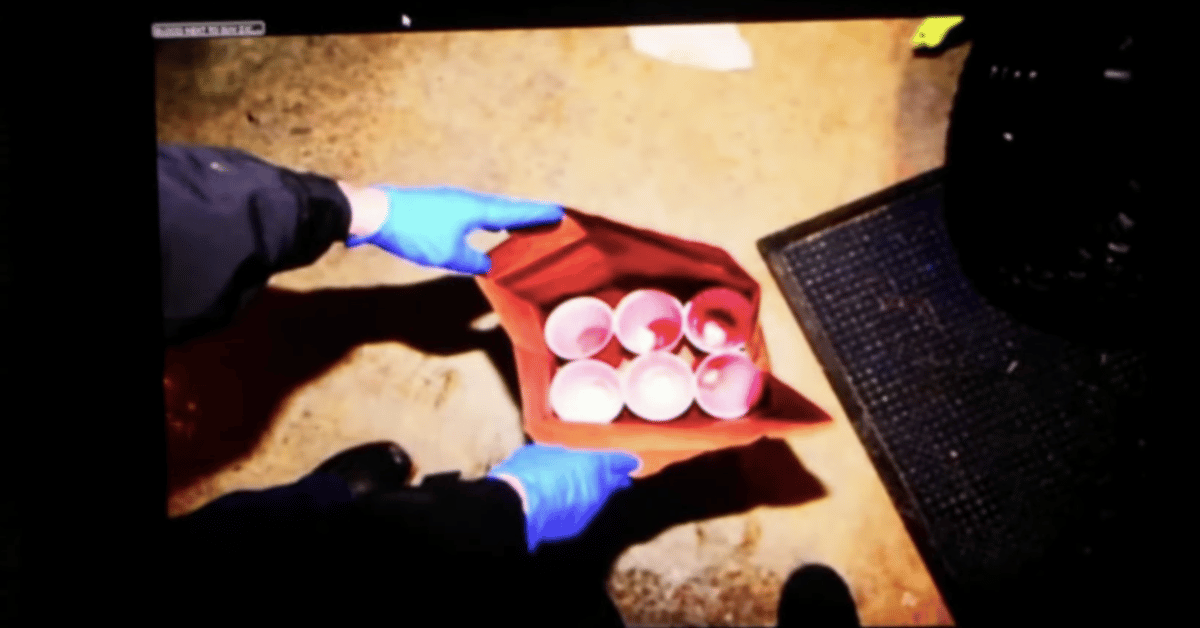
The white object was seen in photos of unsealed red Solo cups taken as 'evidence' from the crime scene.
At the time Gallagher collected the evidence, the area had yet to be deemed a crime scene. He further stated he did not use proper equipment to collect the snow and glass pieces because of the bad weather.
He told the courtroom: "I expected it to be John’s DNA, and I wasn’t going to get a second chance at it. It was either collect it or never have it."
Jackson presented Gallagher with photos of the brown grocery bag containing the unsealed Solo cups near the side of Read's SUV prosecutors alleged hit O'Keefe. A white object, presumably a rag or paper towel, was in between the bag and the right rear tire of Read's vehicle.
The attorney pressed Gallagher on whether or not the evidence near his client's vehicle could be a "recipe for cross-contamination."
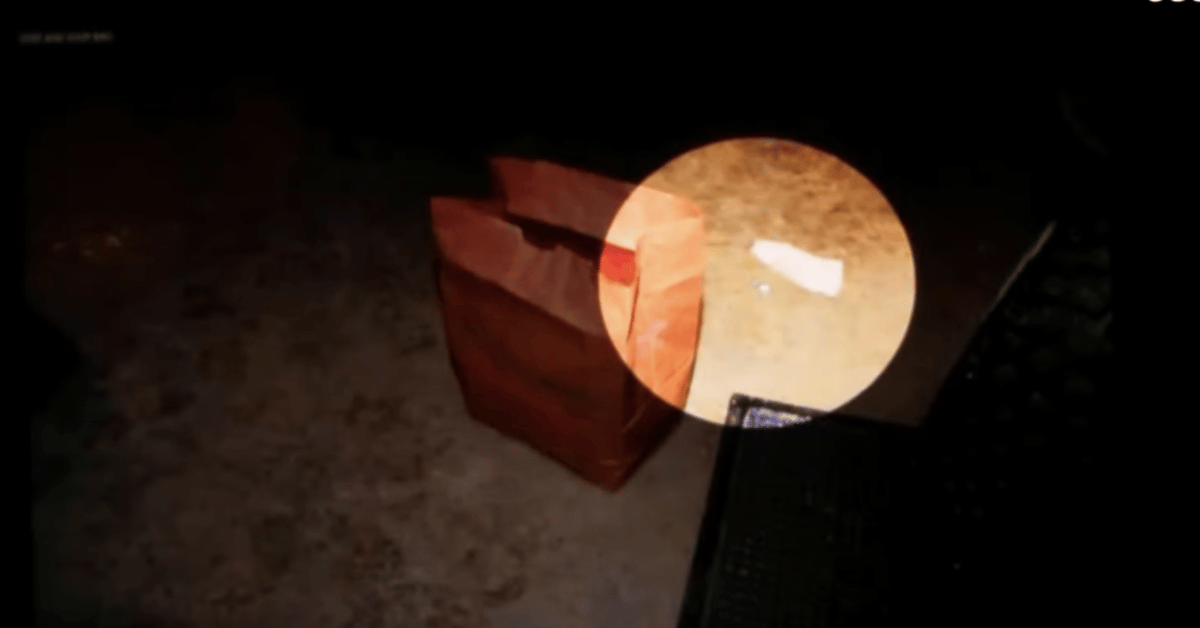
Read's defense attorney asked if the scene could be a 'recipe for cross-contamination' of DNA.
The retired officer pushed back and insisted "contamination" would have been avoided due to a trained criminalist on duty.
Jackson continued his questioning by asking Gallagher why he failed to follow protocol and whether or not other officers being involved in the case influenced his decision, as well as the timeline of when evidence was found at the crime scene.
Gallagher agreed that he did not find any evidence during his first pass over the scene, including a hat, shoe or pieces of broken taillight, which were all discovered later.

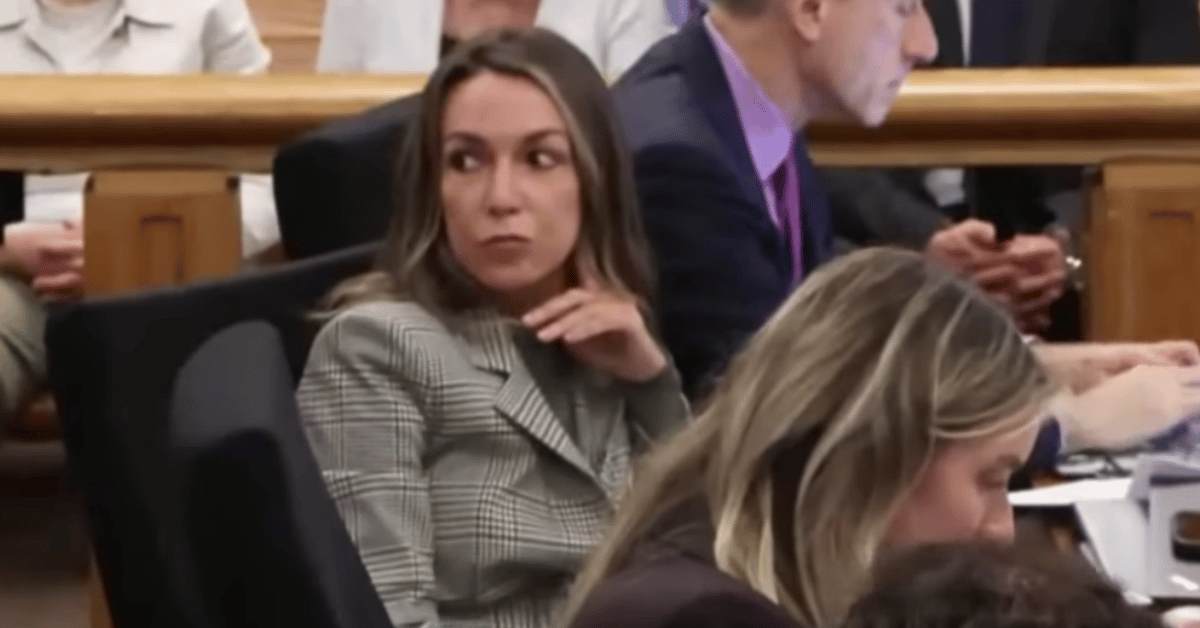
Gallagher insisted the case involving other police officers did not influence his investigation.
The witness additionally admitted to failing to collect security camera footage from the house across the street, where another Canton police officer lived.
He also agreed with the defense attorney that he never searched the Albert home or interviewed potential witnesses separately.
When asked if the Alberts being part of the police force influenced his decisions, Gallagher replied: "Absolutely not."
Gallagher later told prosecutors he did not take those steps because he didn't think a crime had been committed at the time.


